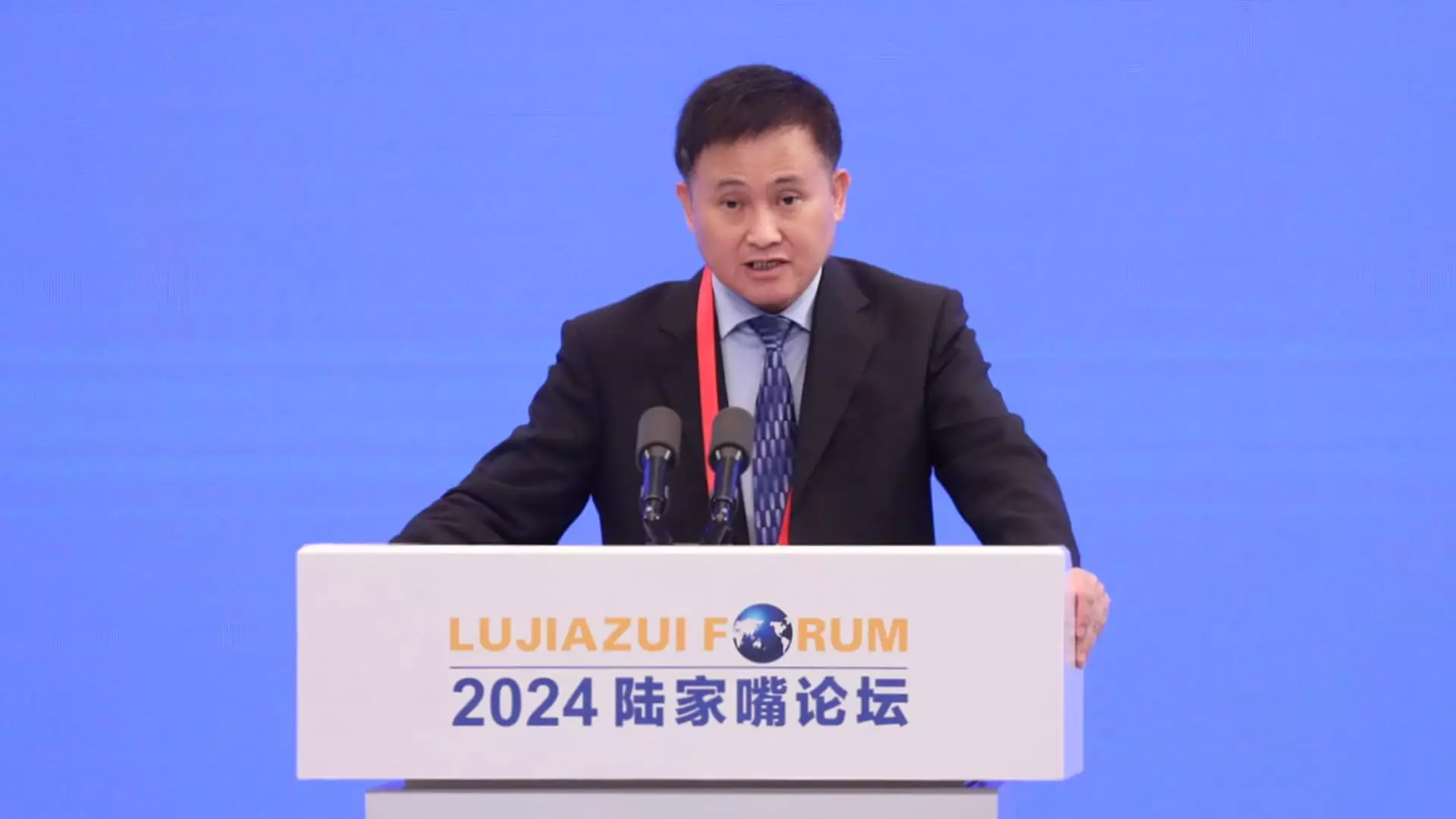In the current economic landscape, where uncertainties abound, the People’s Bank of China (PBOC) has signaled its commitment to maintaining a supportive monetary policy. During a pivotal meeting held recently, PBOC Governor Pan Gongsheng highlighted the central bank’s plan to amplify its counter-cyclical monetary measures. These efforts are poised to address the immediate needs of the Chinese economy, responding to fluctuations and potential downturns that could have broader implications.
Counter-cyclical policies serve as essential mechanisms for managing economic challenges, allowing the central bank to implement interventions that stabilize growth during turbulent times. Governor Pan’s repeated emphasis on these strategies suggests a proactive stance aimed at ensuring economic resilience. Amidst falling external demand and domestic challenges, this approach is crucial for sustaining economic momentum.
As part of the broader strategy to combat decelerating growth, the National People’s Congress Standing Committee is expected to endorse further fiscal stimulus measures. The government’s intention to lift local government debt limits represents a significant step towards bolstering infrastructural investments while simultaneously phasing out concealed debts. Finance Minister Lan Fo’an’s presentation emphasized the importance of such fiscal measures in solidifying financial stability. By addressing the hidden debts, authorities aim to improve transparency in fiscal management, which may lead to healthier economic practices in the long run.
This heightened commitment to fiscal stimulus aligns with global economic trends, where nations grapple with recovery strategies after the disruptions caused by the pandemic. It also aligns with internal pressures to stimulate domestic consumption and investments, which have both become paramount given the sluggish recovery trajectory.
The PBOC’s recent decision to lower interest rates reflects a deliberate maneuver to invigorate a faltering economy. This strategic shift, initiated in late September, was largely influenced by external developments, particularly the U.S. Federal Reserve’s own easing policies. The Fed’s substantial rate cut illustrates the interconnectedness of global monetary policies; China’s adjustments are a response not only to internal economic pressures but also to the impacts of external financial landscapes. By aligning its monetary policy with global trends, the PBOC aims to mitigate potential capital outflows and maintain investor confidence.
While these interest rate cuts are indicative of short-term relief strategies, the sustainability of such measures remains in question. The balancing act of stimulating growth while avoiding excessive inflation poses a significant challenge for policymakers. Future cycles of easing must be cautiously calibrated to ensure that they do not inadvertently destabilize the financial system.
As the PBOC and the Chinese government navigate these complex economic waters, they are underscoring a critical junction for the Chinese economy. The initiatives being put forth are not merely reactive; they reflect a broader vision for economic stability and growth in an increasingly competitive global market. Policymakers must remain vigilant, as the interplay between monetary policies, fiscal stimulus, and external economic dynamics will shape the trajectory of China’s economic recovery.
While the immediate outlook remains complex, the concerted efforts by the PBOC and the government suggest a readiness to adapt strategies in pursuit of economic health. The effectiveness of these policies will ultimately depend on how well they are implemented and their capacity to foster sustainable growth in the face of ongoing challenges.

